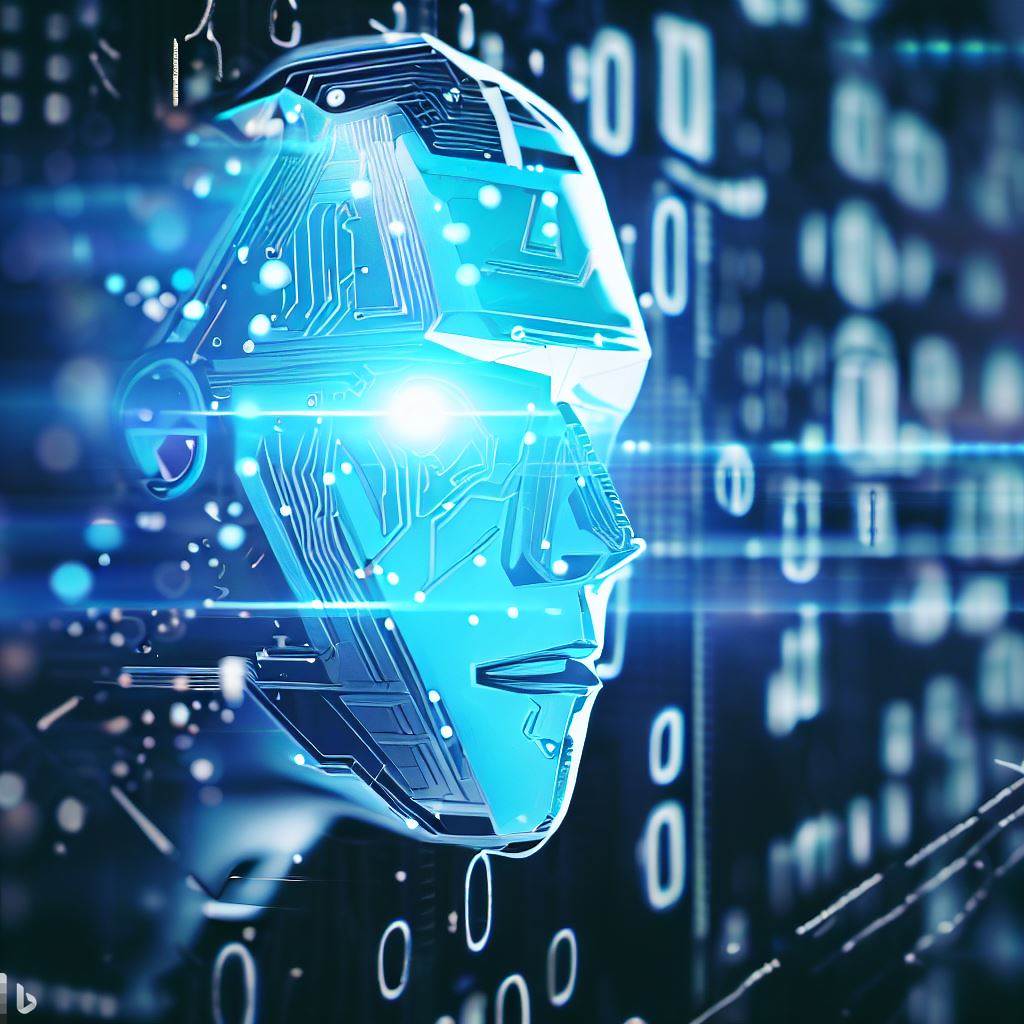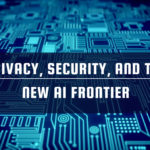The worldwide move to remote work, spurred by the COVID-19 epidemic, has thrown enormous cybersecurity issues into the spotlight. As organisations adjust to the new normal, the necessity for strong cybersecurity safeguards has never been greater.
The shift to remote employment has increased the attack surface for hackers, exposing flaws in home networks and personal gadgets. Some of the most significant difficulties are residential Wi-Fi security threats, as unlike business networks, home configurations sometimes lack enterprise-grade security protections. Phishing schemes aimed at remote workers have escalated, as fraudsters take advantage of the pandemic’s fear and concern.
Weak passwords continue to be a serious concern, since employees who manage several accounts may use weak or recycled passwords. Ensuring data security for remote workers has gotten increasingly difficult as employees access company resources from several places and devices.
To solve these difficulties, organisations must develop a comprehensive cybersecurity strategy. Virtual cybersecurity training, consisting of regular, engaging sessions, may help employees learn and follow best practices for remote work security. Ongoing cybersecurity awareness training may help remote workers stay focused on security and spot possible risks. Using AI-powered tools can improve security and speed up the adoption of new technology in a remote work environment. Implementing flexible, cloud-agnostic network solutions can provide consistent protection across several devices and networks used by remote employees.
Artificial intelligence (AI) is transforming the cybersecurity environment, providing strong tools to battle emerging threats. AI threat detection use machine learning algorithms to analyse massive volumes of data, discovering patterns and anomalies to detect possible threats in real time. AI-powered malware detection can recognise and neutralise new malware variants quicker than traditional signature-based approaches. Building next-generation security teams with AI may supplement human knowledge, allowing security teams to respond more effectively to emergencies while freeing up resources for strategic projects.
AI integration in cybersecurity has various benefits, including faster threat detection and response times, more accuracy in detecting and classifying threats, the capacity to manage enormous amounts of security data, and continuous learning and adaptability to new attack vectors.
As we enter the post-COVID era, cybersecurity will remain a top priority for organisations. Organisations must create security methods that cater to both in-office and remote workers in hybrid work arrangements. Businesses must be alert and adaptable in their security practices as the threat landscape evolves. With increased data protection legislation, businesses must verify that their remote work security methods fulfil compliance standards.
Looking ahead, various developments are influencing the future of cybersecurity. These include the implementation of Zero Trust Architecture, which takes a “never trust, always verify” approach to network access; Extended Detection and Response (XDR), which integrates security across endpoints, networks, and cloud environments; and Secure Access Service Edge (SASE), which combines network security functions with WAN capabilities to support secure access for remote workers.
Successful cyberattacks may have disastrous effects for organisations. Data breaches, ransomware payments, and company disruptions can all cause financial losses. Reputational harm can result in a loss of customer trust and have a long-term influence on brand value. Noncompliance with data protection standards may result in severe regulatory penalties.
As remote work grows more prevalent in the corporate world, organisations must prioritise cybersecurity to secure their assets, workers, and consumers. Businesses may negotiate the hurdles of remote work while enjoying the advantages by harnessing AI, establishing strong security measures, and cultivating a cybersecurity-aware culture. The goal is to be aware, adaptive, and aggressive in the face of new cyber dangers.
Contact us at open-innovator@quotients.com to schedule a consultation and explore the transformative potential of this innovative technology.






